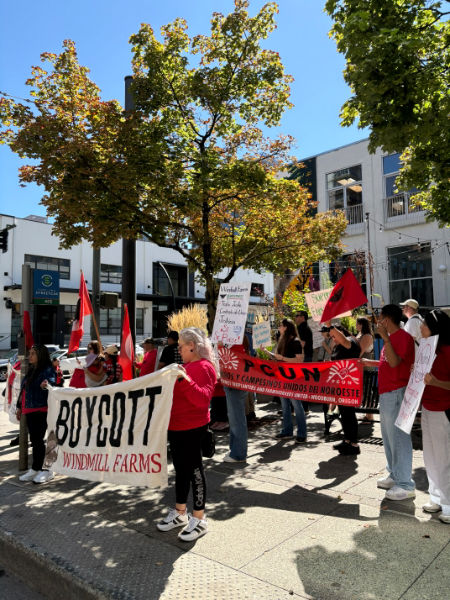Union Leaders, Advocates Call for Greater Coronavirus Protections for Oregon Workers
- Oregon AFL-CIO
- Mar 17, 2020
- 2 min read
Oregon AFL-CIO President Graham Trainor, SEIU Local 503 Executive Melissa Unger, and Alison McIntosh of the Oregon Housing Alliance testified before the Oregon Joint Committee On Coronavirus Response this morning, alongside leaders from government and the business community. Trainor, Unger, McIntosh, and others called for a list of common-sense protections for working people impacted by the spread of coronavirus COVID-19, including:
Housing Stability
Childcare Access
Food Access and Benefit Programs
Access to Affordable Health Care Coverage
Unemployment Benefits
Workers Compensation
Moving Unemployed Workers into High Demand Jobs
Support for Undocumented and Non-English-Speaking Workers
Worker Safety, Especially Access to Personal Protective Equipment (PPE)
Public Communication Channels for Workers and Families
Employer Relief Programs Shouldn’t Leave Workers Behind
The response to the COVID-19 pandemic requires swift action and an unprecedented mobilization of all levels of government and industry to ensure everyone—no matter how old they are, the color of their skin, where they were born, their immigration status, or how much money they make—is informed and protected, and that resources are able to reach all who have been affected.
President Trainor explained why the Oregon AFL-CIO, the statewide federation of labor unions representing over 300,000 workers, is concerned about federal, state, and local governments’ response to COVID-19:
“A crisis of this magnitude requires an unprecedented response from all of us. The consequences of inaction or insufficient action by all levels of government would have dire consequences for working people, including frontline healthcare workers, first responders, retail, and grocery workers, and many more who are currently serving our society in a more critical role than we have seen before. Oregon’s unions stand united in our call for the State of Oregon to use every tool available to ease the economic burden on working people and families while ensuring workers who cannot telecommute are provided with the best safety equipment and procedures possible.”
SEIU 503 Executive Director Melissa Unger spoke on behalf of 72,000 public employees, care providers, and other workers across Oregon:
“Public workers and the services we provide are always essential, but are in dire need at this moment. We must create policies to support workers to make sure they can be seen as frontline infrastructure in this crisis. That’s why government needs to be innovative and bold, and employers have a critical role as Oregon addresses this pandemic. Our main goal is that coronavirus relief must not leave workers behind.”
Alison McIntosh addressed the importance of housing stability during this crisis as a leader of the 90 organizations that comprise the Oregon Housing Alliance:
“We are urging the Legislature and the Governor to act immediately to protect housing stability for Oregonians by enacting a moratorium on evictions before April 1st, and enact significant emergency rent assistance so that no Oregonian loses their home due to the pandemic. We also must provide additional resources to support people experiencing homelessness during this public health crisis. People are worrying today about how to pay their rent and mortgages on April 1st or how to self-isolate in the absence of a home or shelter. We need our elected leaders to act immediately.”
Committee testimony and other materials are available for viewing on the Oregon Legislature Information System here. Additional policy recommendations and background may be found on OLIS as well as here.
###




Comments